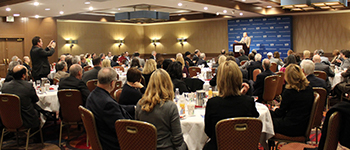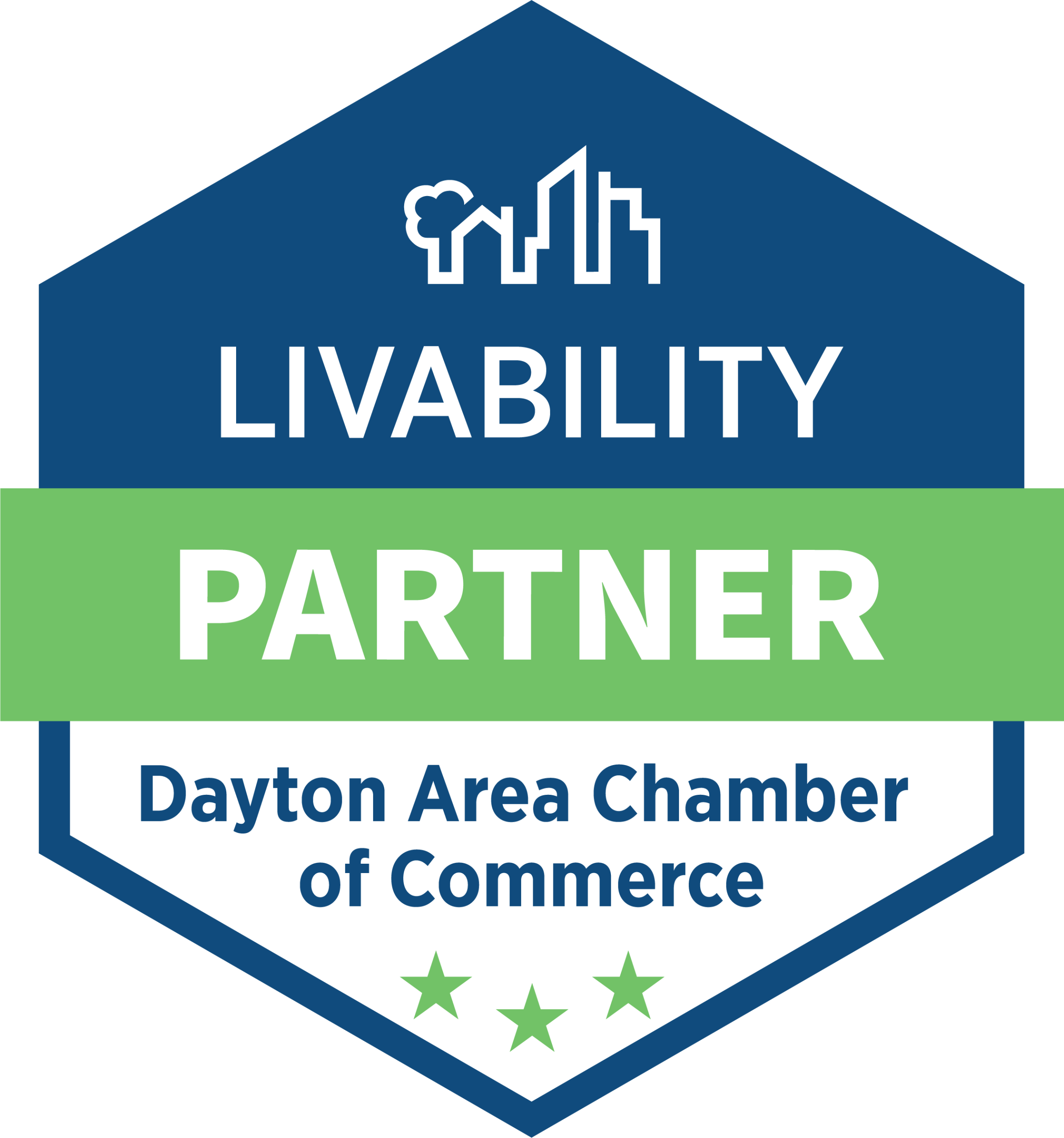Voice of Business: A New Kind of ROI
Although the pandemic has brought much pain and hardship for so many, it  has also given companies much-needed time to pause, reflect, and perhaps make some changes to the way they run their business. And that has brought on an acceleration of technology adoption across virtually every industry. Still, there’s another type of change that is emerging as well—the rise of what Heather E. McGowan calls The Human Capital Era. McGowan believes that the workforce has exhibited incredible resilience and creativity during the pandemic. Merchants are beginning to view employees as an asset to develop rather than a cost to contain.
has also given companies much-needed time to pause, reflect, and perhaps make some changes to the way they run their business. And that has brought on an acceleration of technology adoption across virtually every industry. Still, there’s another type of change that is emerging as well—the rise of what Heather E. McGowan calls The Human Capital Era. McGowan believes that the workforce has exhibited incredible resilience and creativity during the pandemic. Merchants are beginning to view employees as an asset to develop rather than a cost to contain.
Return on Experience
Everyone knows the term “return on investment”—or “ROI”—meaning you get more monetary value out of something than what you put into it. But money is not the only measure of value. As merchants take stock of their business, now is the time to focus on less-recognized concept: return on experience. A customer’s return on experience is significantly more objective than a return on investment since the measurement varies by opinion rather than hard numbers but this type of ROI is just as important.
For example, we all have gone out to have dinner and found that the bill was more expensive than expected. Maybe the food was just so-so, there was a long wait time, or the server was brusque. Whatever the reason, it just wasn’t a great experience. But customers might gladly pay twice as much for dinner where the food is delicious, or the service is kind and attentive. When a customer has a positive return on experience—getting value beyond what money can buy – a merchant benefits from the extra revenue and building loyalty with a new patron.
Incorporate Automation
When merchants think about their business and the accounts payable team, what is the return on experience from outdated methods like processing checks? What is the opportunity for growth? There is a limit to the impact employees can have by stuffing checks in envelopes every week. It’s the opposite of a good experience.
Incorporating automation in your back office is a good way to tackle ROI and ROE simultaneously. When merchants remove endless tasks from their AP team’s plates, they are free to spend their energy on more strategic and valuable tasks.








